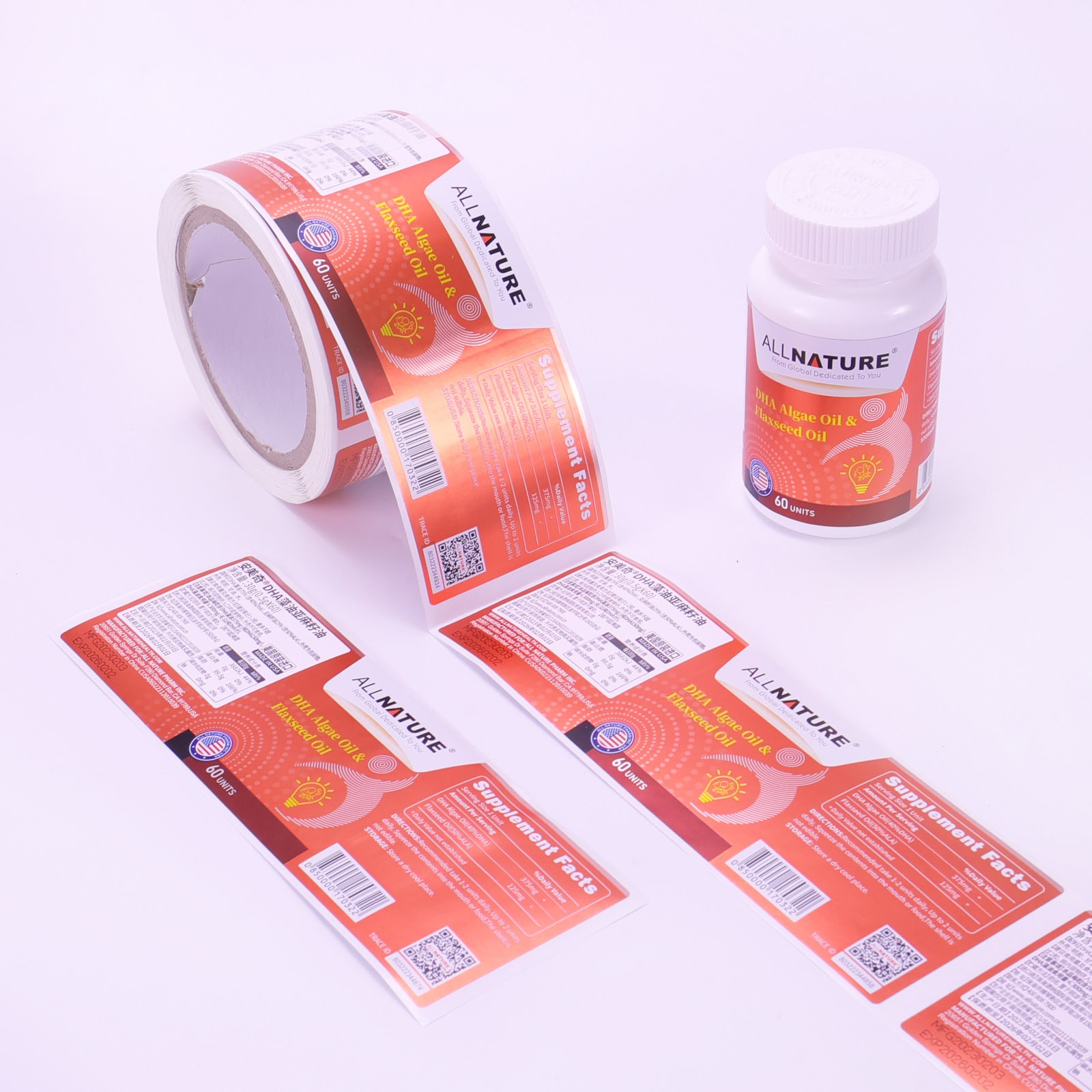If you don’t label your products correctly, you can confuse people and put them at risk, especially with food, drugs, and electronics. This can lead to expensive recalls and damage your brand.
Labels are essential as they provide critical information about a product’s contents, usage, and safety. They build trust, ensure compliance with regulations, and enhance brand recognition by differentiating products from competitors.
They are not just something that tells you what a product is.

Why Are Labels Significant in Product Marketing?
Labels serve two purposes in marketing products. They’re a way to communicate with your customer, and they help your product stand out from all the others. You use it to tell people what’s in your product, how to use it, when it expires, etc. This is important in industries like food, drugs, and cosmetics, where people want to know what they’re putting in or on their bodies.
It also make your product look different from all the others. A well-done label can get someone to pick up your product instead of someone else’s. People spend a lot of money on professional packaging and label design to make sure their products look good and stand out. In the end, it help sell your products.
How Do Labels Contribute to Consumer Safety?
Labels are also important because they help protect people from getting hurt. There are rules about what you have to put on a label. You have to tell people if there are allergens in your food. You have to tell people how much medicine to take. If you sell electrical stuff, you have to warn people about how not to get killed. If you don’t put the right stuff on your label, people can get hurt.
For example, food labels that tell people there are nuts or gluten in your food can keep people from going into anaphylactic shock. Medicine labels that tell people about side effects help people take medicine the right way. This makes people trust you and trust your products because they know what they’re getting.
Labels as Tools for Brand Identity and Trust
They are important for making people feel good about your brand. They are a visual representation of the promise and values of your brand. A good label is a combination of clear, informative text and cool design that represents your brand. If you do a good job with your labels, people will trust you and buy your stuff.
You can also use it to tell people things like your product is good for the environment or it’s super high quality. It like “organic” or “cruelty-free” show people you’re a good company who does good things. A good label makes people want to buy your stuff.
The Role of Labels in Legal Compliance
Labels are not just something you use to tell people about your products and keep them safe. There are rules about what you have to put on your labels. Different industries have different rules about what you need to put on your labels. For example, food has to have nutrition facts, expiration dates, and manufacturing information. Electronics have to have certification labels showing they meet safety standards.
If you don’t follow the rules, you can get in trouble. You might have to pay a fine or recall your product. This is an area where you need to be exact. You can’t mess around with your labels.
Environmental and Sustainability Impacts of Labels
As people get more concerned about the environment, it have changed to show people if your packaging is recyclable, if it’s made from sustainable stuff, or if your product is good for the environment. This helps people buy products that won’t mess up the planet.
There are also cool labels that tell people your product is energy efficient or carbon neutral. These labels do more than tell people about your product; they show people you’re a good company who does cool stuff for the environment.
Conclusion
Labels are essential for consumer safety, legal compliance, brand identity, and environmental impact. Their role extends beyond information—they help build trust and ensure regulatory adherence.
You may be interested:









